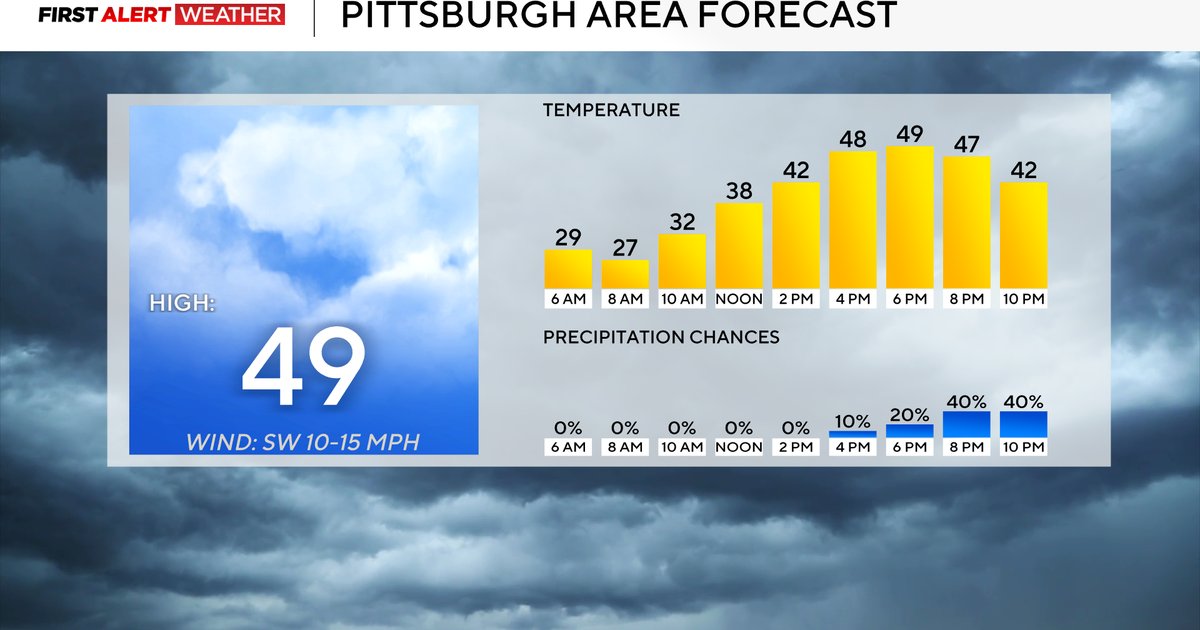Dairy Farmers Losing Canadian Milk Markets, Fear Backlash
MINNEAPOLIS (WCCO) -- Canada has long been a steady market for Midwest dairy exports, but it appears the flow is about to slow.
That's after a recent change in Canada's milk pricing policy, which has a number of Minnesota and Wisconsin dairy farmers scrambling for new markets.
"That's the first time I've seen that happen in my 40 years," said Goodhue dairy farmer David Buck.
As president of the Minnesota Milk Producers Association, Buck is keenly aware of the dilemma. He says a number of farmers are learning the Canadian market for ultra-filtered milk has dried up.
When it does, their milk will no longer be wanted by processors.
"There's about 100 producers total who got a letter saying they wouldn't get their milk picked up after May 1," Buck said.
Without processors to buy the milk, farmers will face a decision: sell dairy herds or resort to dumping out their raw milk.
Minnesota Agriculture Commissioner Dave Frederickson put out a statement, saying in part, "This puts our farmers at an unfair disadvantage and could drive some farms out of business."
A lucky few may be able to arrange deals to sell their milk to other dairy processors, but with many of them at capacity, even that will provide little relief.
"Spring is usually when cows produce the most milk, so everybody's full," he said. "It's just a difficult situation to find a place that can even process it, that's the biggest problem."
National dairy groups are asking governors in dairy-producing states and President Donald Trump to pressure Canada to rescind the new policies. They see the country's new pricing structure as a violation of NAFTA and protectionist in design.
However, because the lack of export will cause a drop in milk prices for the producer, all dairy farmers will feel the pinch -- not just those who export to Canada.







